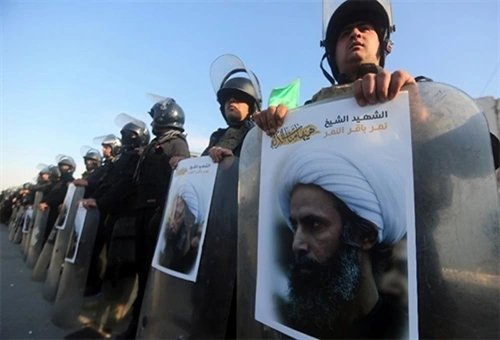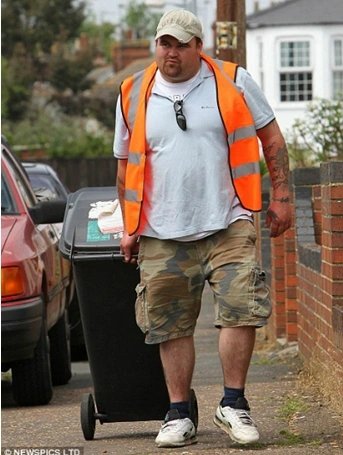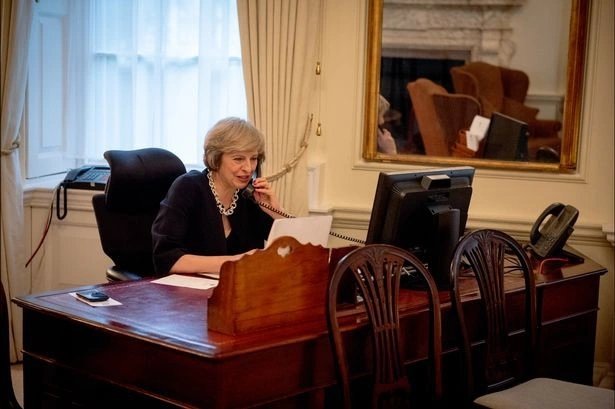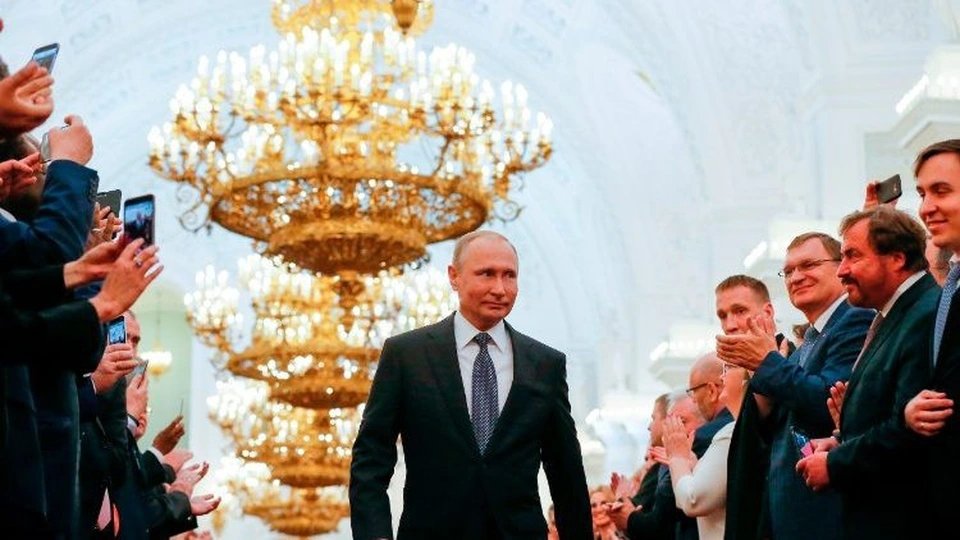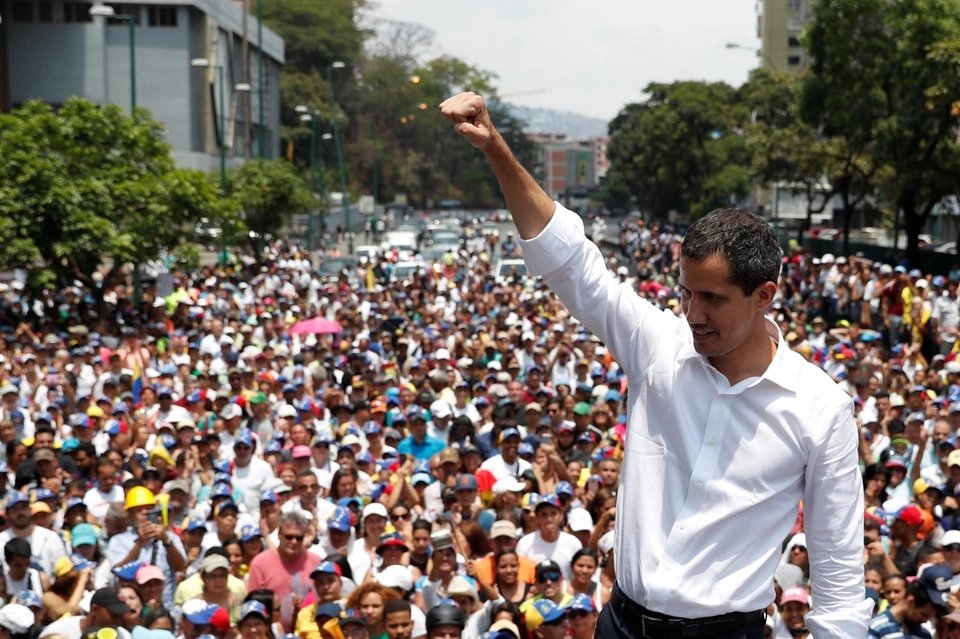
In just a few days, the Covid-19 vaccination campaign in almost all of Western Europe stalled.
Some countries still stand on the vaccine side, like Britain.
The hasty actions of some European countries surprised experts, causing confusion for those who have been or are about to be vaccinated.
`I don’t know why countries stopped vaccinating with the AstraZeneca vaccine. This is really confusing to me,` said Michael Head, senior expert in global health, University of Southampton.
He added: `Vaccine is to protect users from viruses. Therefore, suspending the campaign without a valid reason at this time is a bad move.`
The immediate consequences of stopping using vaccines are greater.
Previously, French President Emmanuel Macron said the vaccine was `virtually ineffective` in people over 65 years old.
Europe’s stance is inconsistent
Since the AstraZeneca vaccine was deployed at the end of January, Europe has had an inconsistent stance.
Head said: `The AstraZeneca vaccine has always been a controversial issue, for some reason that I don’t understand. Everything changes if you look at the science. From this perspective, the vaccine is safe, effective, is
A Canadian was vaccinated with Astrazeneca’s Covid-19 vaccine in Quebec.
Most recently, three major European countries, France, Germany and Italy, stopped vaccination.
All symptoms have not been confirmed to be vaccine-related.
Stop vaccination just for prevention
Since then, almost all of Western Europe stopped using the product.
`It’s part of the basic process. This happens all the time, it’s just that no one cares unless it’s in the middle of a pandemic,` commented Jon Gibbins, director of the Institute of Cardiovascular and Metabolic Research at the University of Reading.
EMA meets on March 18.
Countries are waiting for guidance from the EMA, but many have expressed a desire to resume vaccination programs soon.
The rate of blood clotting is very low
Whether blood clots, pulmonary embolism and deaths are related to the vaccine or not, their incidence is very small compared to the number of people vaccinated.
The Norwegian Medicines Agency said three patients were being treated for rare symptoms, low platelet counts, clotting in large vessels and bleeding.
A Dutch laboratory received 10 reports of blood clots, but the user’s condition was completely different from the Norwegian cases.
Last week, the International Society of Thrombosis and Coagulation Disorders (ISTH) recommended that eligible adults continue to receive the Covid-19 vaccine.
The association added: `Based on available data, ISTH believes that the vaccine benefits outweigh any potential complications, even for people with a history of blood clots or who are taking blood thinners.`
Mr. Gibbins takes a similar view.

Volunteers testing the AstraZeneca vaccine at Oxford University.
Blood clotting or thrombosis occurs for many reasons.
`When you start vaccinating millions of people, this situation will happen continuously, inevitably. But that doesn’t mean the vaccine causes blood clots,` he said.
But he also emphasized that blood clotting cases in Germany are worth paying attention to.
What does the data say?
AstraZeneca re-examined the safety data on March 14, carefully reviewing the records of 17 million users in the EU and UK, again stressing there was `no evidence` the vaccine was linked to blood clots.
`Overall the vaccine is working wonderfully,` Mr. Gibbins said.
`Vaccines across Europe, which is still in the early stages of the rollout, are mainly elderly and clinically vulnerable. So the rate of blood clots in this group is also greater,` Mr. Head
It is worth noting that the vaccine protects people from Covid-19 – a disease that causes blood clots.
Do vaccines cause blood clots?
Experts agree that vaccines are unlikely to cause blood clots, but not impossible.
Stephen Griffin, head of the Antiviral & Viral Oncology research group at Leeds, said: `I confirm that continuing Covid-19 vaccination is more beneficial than suspending the campaign, because of the connection (between the vaccine and coagulation).
The immediate consequences of stopping using vaccines are greater.

